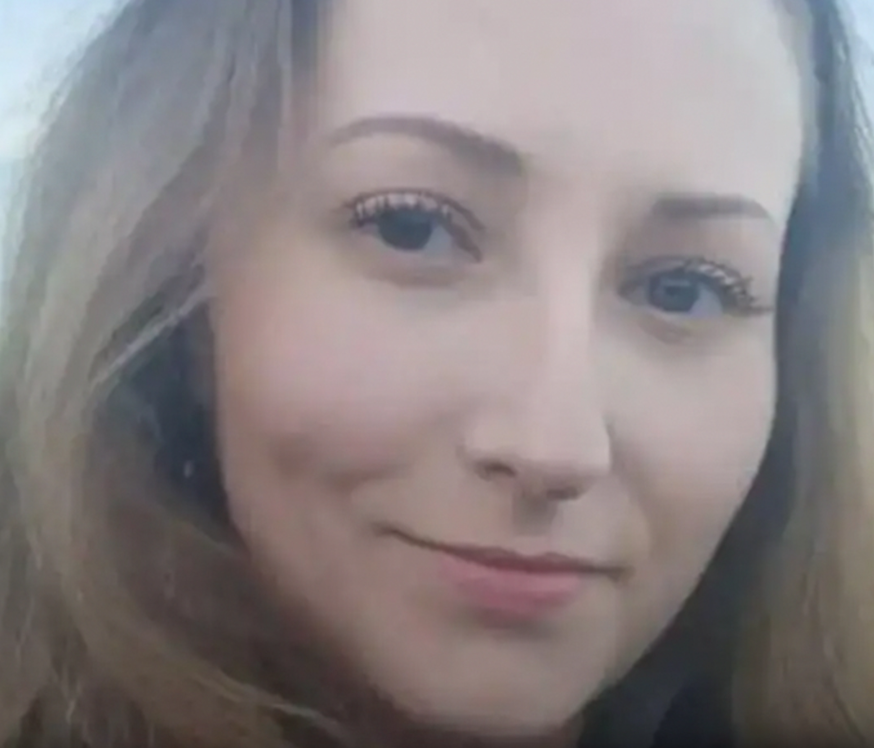When a 28-year-old woman from the Netherlands revealed her intention to seek legally assisted death despite being physically healthy, her decision sent ripples through both the medical community and the wider public. Living a quiet life near the German border with her partner and two cats, she appears to lead an ordinary existence. Yet behind that calm surface lies years of unrelenting psychological pain — severe depression and complex mental-health struggles that, she says, have made life feel unbearable. Her story has reopened one of society’s most difficult debates: where do we draw the line between compassion and caution, between the right to choose and the duty to preserve life — especially when the suffering is invisible and rooted in the mind rather than the body?
In the Netherlands, euthanasia and assisted dying are legal but governed by strict criteria. Requests must be voluntary and well-considered, the individual must be enduring “unbearable suffering” with no realistic chance of recovery, and every case must follow a multi-step review process, including independent evaluation after death. While the law was originally intended for patients with terminal illnesses, it also applies — in rare and deeply scrutinized circumstances — to people with severe, treatment-resistant psychiatric conditions. It is within this narrow and controversial framework that her request has been made.
According to reports, she has undergone years of therapy, medication, and other treatments, yet none have provided lasting relief. Her psychiatrist has reportedly concluded that her condition is unlikely to improve. She imagines her final moments at home — peaceful, quiet, her partner beside her, a doctor ensuring that the process is humane and controlled. For her, this represents not despair, but release — an end to a suffering that has stretched too long and too deep to bear. Still, mental-health advocates and many members of the public have expressed deep concern, urging renewed efforts to find alternative therapies, new hope, or simply more time. They argue that recovery from mental illness can be unpredictable — that even after years of darkness, life can shift toward light.
Critics of expanding euthanasia laws warn that cases like hers risk blurring the boundary between compassion and surrender — that by framing death as an acceptable response to emotional pain, society could unintentionally normalize hopelessness. Some ethicists note a troubling rise in assisted-dying applications linked to psychiatric conditions and caution that decisions made in the depths of despair may not truly reflect lasting will. Others fear that too much readiness to accept euthanasia might undermine efforts to improve mental-health care or discourage patients from continuing treatment that could, someday, make a difference.
Supporters, however, see this issue through a different lens — one of autonomy, dignity, and respect for individual suffering. They argue that people living with relentless psychological torment deserve the same compassion afforded to those enduring physical agony. The law, they point out, demands rigorous assessment and safeguards to prevent rash or ill-considered choices. To them, denying this option is not mercy, but the prolongation of cruelty.
As the world follows this young woman’s story, the conversation has become larger than her alone. It speaks to the fragility of human resilience, the limits of medicine, and the deep unease modern societies feel when confronting invisible pain. How do we weigh freedom against protection? When does empathy mean letting go, and when does it mean holding on a little longer?
There are no simple answers — only the continuing struggle to find balance between autonomy and care, between compassion and preservation. What her case makes painfully clear is that even in a country known for progressive end-of-life laws, the question of when suffering becomes truly unbearable remains one of the most difficult — and deeply human — questions of all.
